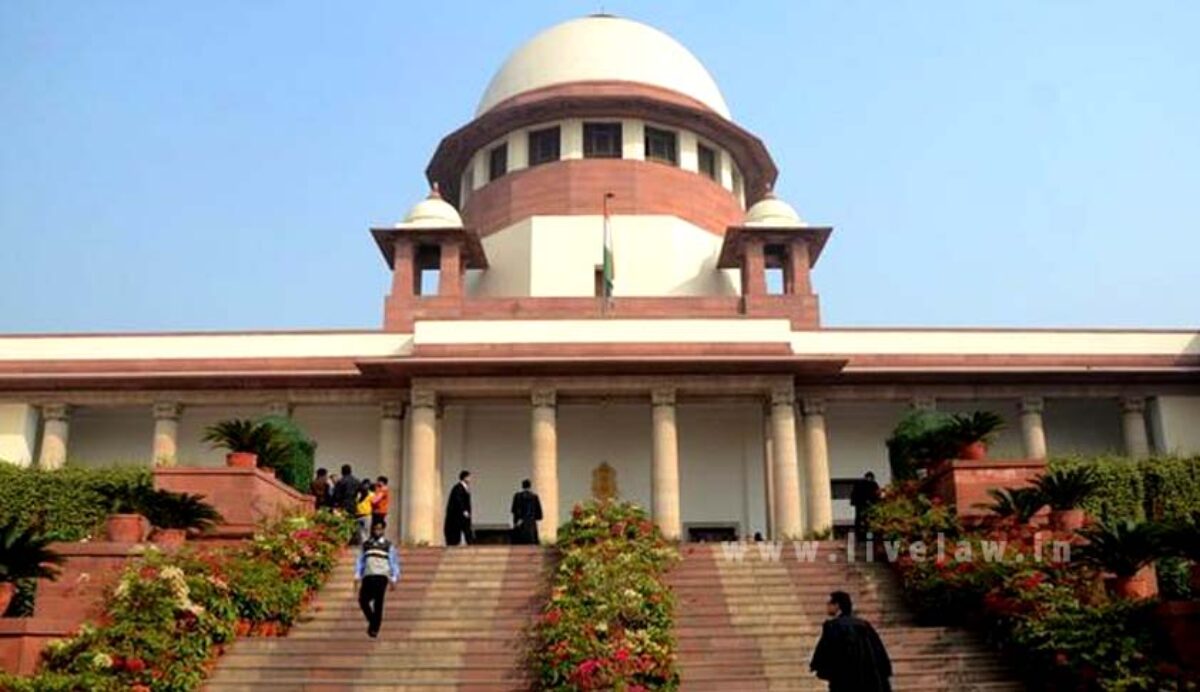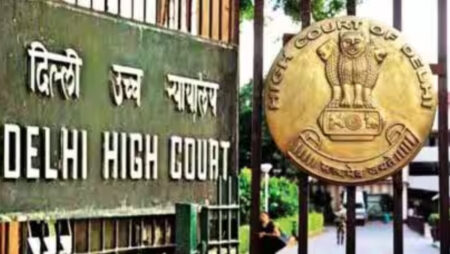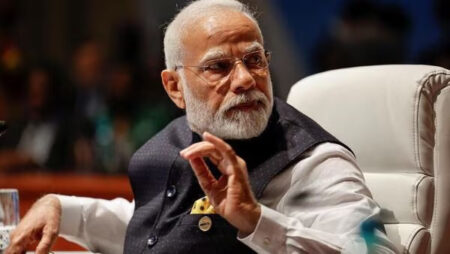The Supreme Court Advocates on Record Association (SCAORA) has recently voiced concerns regarding the procedure for mentioning urgent matters before Chief Justice DY Chandrachud. This development has garnered attention within legal circles and raised discussions on the efficiency and transparency of the urgent matter mentioning process.

Supreme Court Advocates on Record Association Raises Concerns Over Urgent Matter Mentioning Procedure
The process of mentioning urgent matters is a crucial aspect of the Indian judicial system, allowing lawyers to bring time-sensitive cases to the immediate attention of the bench. Over time, this practice has evolved to accommodate the increasing caseload and ensure that justice is swiftly delivered, especially in matters of public interest and emergency situations.
SCAORA’s Key Concerns
SCAORA has highlighted several key concerns that have prompted their intervention in the matter. One of the primary concerns is the potential lack of uniformity in granting urgent matter hearings. The association emphasizes the need for a consistent and transparent approach to ensure equal access to justice for all litigants.
Ensuring Equitable Access to Justice
The principle of equal access to justice lies at the heart of any democratic legal system. SCAORA’s concerns stem from the fear that an inconsistent approach to mentioning urgent matters could inadvertently result in unequal treatment of cases. By advocating for a standardized procedure, the association aims to uphold the fundamental principle of fairness in the dispensation of justice.
Streamlining the Mentioning Process
Efficiency in the judicial system is a shared goal, and streamlining the mentioned process is essential to achieving it. SCAORA’s apprehensions could be addressed by implementing clear guidelines and criteria for determining the urgency of a matter. This could aid the bench in making well-informed decisions and prevent any perception of bias.
Balancing Urgency and Due Process
While expeditious disposal of urgent matters is crucial, it must be balanced with the principles of due process and thorough consideration. SCAORA’s concerns underline the delicate equilibrium that needs to be maintained between swift justice delivery and ensuring a comprehensive hearing for all parties involved.
Collaborative Dialogue for Reform
The concerns raised by SCAORA present an opportunity for constructive dialogue between the legal fraternity, the Supreme Court, and other stakeholders. Collaborative efforts can lead to a more robust and transparent urgent matter-mentioning procedure that addresses the association’s apprehensions while upholding the sanctity of the judicial process.
Embracing Technological Solutions
In an age of technological advancement, exploring digital solutions to enhance the urgent matter mentioning process could be a forward-looking approach. Online platforms for mentioning urgent matters, coupled with clear guidelines, could mitigate concerns of bias and streamline the process.
The Way Forward
As the legal community engages in discussions surrounding the concerns raised by SCAORA, the Supreme Court has an opportunity to reaffirm its commitment to justice, transparency, and equal treatment. The Court can bolster public trust and confidence in the judicial system by embracing reform and adapting to the evolving legal landscape.
Upholding Justice Through Transparent Procedures
The Supreme Court Advocates on Record Association’s apprehensions regarding the procedure for mentioning urgent matters underscore the importance of transparency, consistency, and equal access to justice. By addressing these concerns and working collaboratively toward reform, the Indian judiciary can continue to uphold the principles of fairness and ensure that justice is not only served but also perceived to be served.












